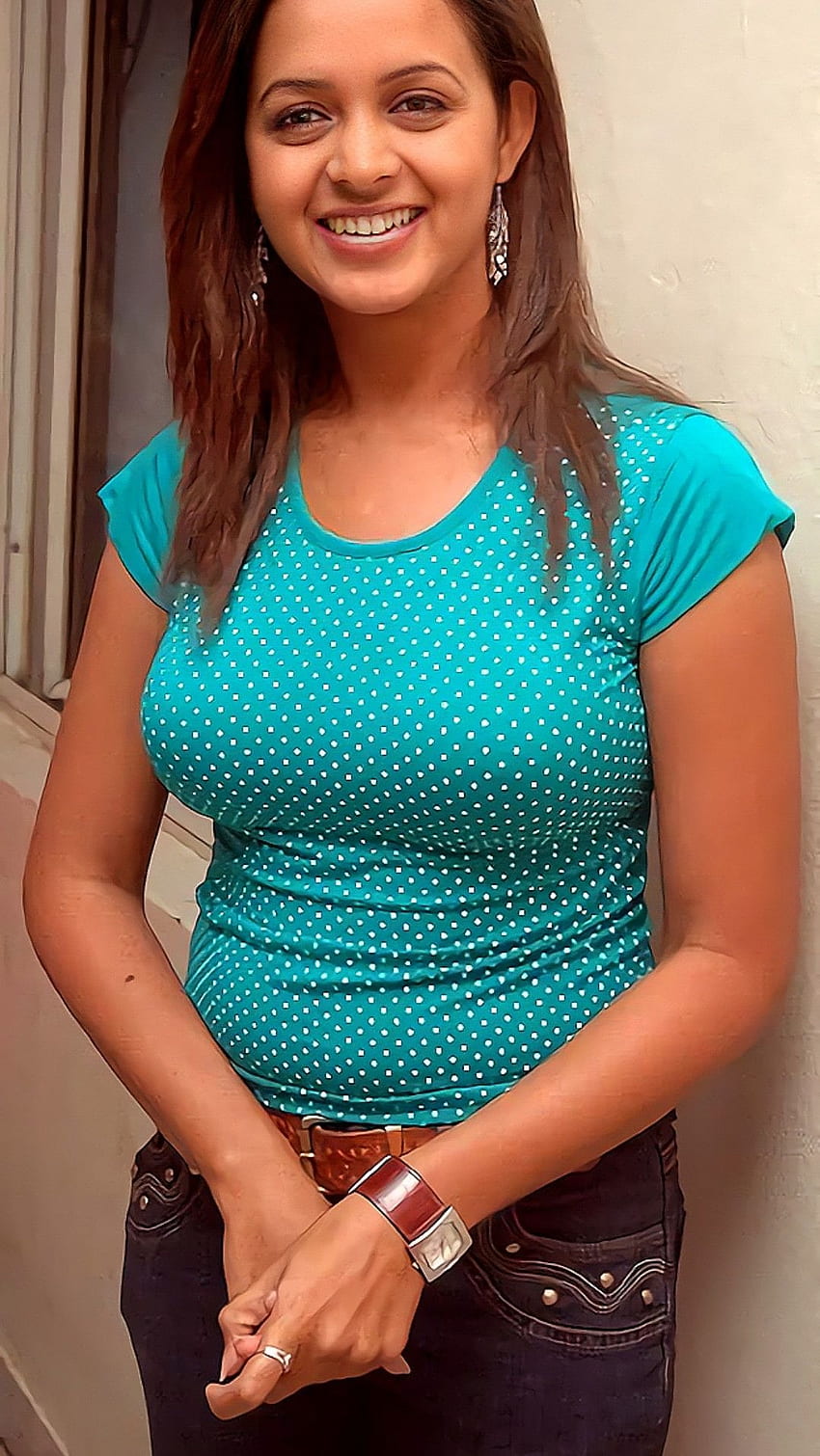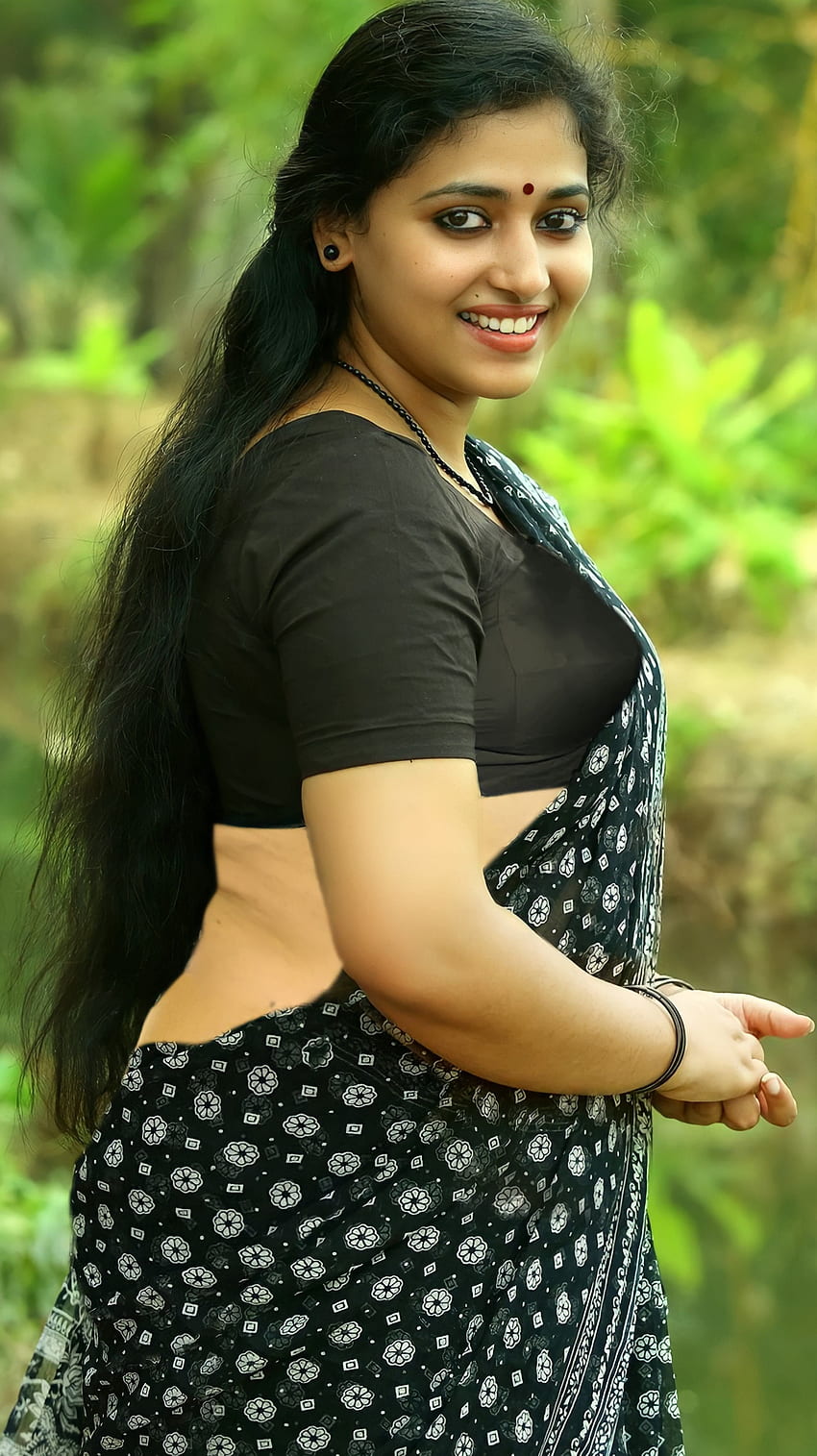Discover "[aamusumua Toivassa...06 \ufe0f]": Kerala & Fog Magic!
Ever felt the weight of unspoken identity, the subtle sting of being labeled with a term that simplifies a rich and complex heritage? The term "Mallu," often used to refer to people from Kerala, India, is more than just an abbreviation; it's a cultural touchstone, a source of both connection and contention, and a window into the ever-evolving landscape of identity in a globalized world.
The misty mornings in Janakkala, Finland, captured in a recent social media post, might seem worlds away from the tropical landscapes of Kerala. Yet, the longing for connection, the search for identity, and the celebration of cultural heritage resonate across geographical boundaries. The photograph, tagged with #usva #fog #mist #mistymorning #countryside #yleluonto #uusiluontokuva #mtvsaa #janakkala, paints a picture of serene beauty, a moment of quiet contemplation in the Finnish countryside. But what does this have to do with the term "Mallu" and the vibrant community it represents?
| Category | Information |
|---|---|
| Term | Mallu |
| Origin | Abbreviated term for a Malayali (person from Kerala, India) |
| Usage | Frequently used, sometimes considered informal or colloquial |
| Cultural Significance | Represents a shared identity and heritage among people of Kerala origin |
| Community | Global network of Malayalees |
| Related Concepts | Malayalam language, Kerala cuisine, Kerala art forms (Kathakali, Mohiniyattam), Onam festival |
| Online Presence | Various online platforms and communities dedicated to Malayalees worldwide |
| Potential Issues | Can be perceived as oversimplifying or homogenizing a diverse population. Some individuals may prefer to be identified as Malayalees. |
| Reference Link | Wikipedia - Malayalis |
The answer lies in the human need for belonging. In a world increasingly interconnected, individuals seek out communities that reflect their values, their experiences, and their heritage. For Malayalees living outside of Kerala, the term "Mallu" can serve as a shorthand for this shared identity, a quick and easy way to connect with others who understand the nuances of their culture. It's a way to say, "I am one of you," even across continents and oceans.
- Masa49 Your Gateway To Reliable Online Resources More
- Sneak Peek Mother Warmth Chapter 3 Jackermans Story Continues
However, the use of "Mallu" is not without its complexities. Some view it as a convenient and affectionate term, a symbol of camaraderie and shared pride. Others find it reductive, arguing that it flattens the rich tapestry of Malayalee identity into a single, simplistic label. The term can also carry historical baggage, reflecting past prejudices and stereotypes. It's a reminder that language is never neutral; it's always loaded with meaning and context.
The rise of online communities has further amplified the debate surrounding the term "Mallu." Social media platforms, online forums, and dedicated websites provide spaces for Malayalees around the world to connect, share their stories, and celebrate their heritage. These platforms offer a sense of belonging, a virtual home where individuals can express their cultural identity without fear of judgment or misunderstanding.
One such online community aims to be "your gateway to a global Mallu community." Its mission is to "connect, engage, and celebrate the rich cultural heritage of mallus (people from kerala, india) across borders." The platform promises to help users "discover opportunities, share experiences, and forge lifelong connections with fellow mallus around the world." It's a testament to the power of the internet to bring people together, to create virtual spaces where cultural identities can flourish.
- Subhashree Sahu Video The Privacy Debate What Happened
- Subhashree Sahu Mms Scandal Unveiling The Controversy 2024 Update
But even within these online communities, the debate over the term "Mallu" continues. Some users embrace it wholeheartedly, using it as a badge of honor and a symbol of their connection to Kerala. Others are more hesitant, preferring to identify as Malayalees or Keralites, emphasizing the richness and complexity of their cultural heritage. The discussion highlights the ongoing tension between the need for simplification and the desire for nuance, between the convenience of a label and the importance of individual expression.
The challenges in defining the term "Mallu" echo the broader struggles of identity in a globalized world. As individuals move across borders, interact with different cultures, and navigate the complexities of modern life, their sense of self becomes increasingly fluid and multifaceted. They may identify with multiple cultures, embrace hybrid identities, and resist being confined to a single, fixed label. In this context, the term "Mallu" becomes just one piece of a larger puzzle, a single thread in the intricate tapestry of human identity.
The social media post from Janakkala, Finland, with its evocative images of mist and countryside, serves as a poignant reminder of the human connection to nature. It also underscores the longing for home, the yearning for a sense of place, and the enduring power of cultural identity. Whether one embraces the term "Mallu" or prefers a different label, the underlying desire to connect with others who share a similar heritage remains a powerful force.
The exploration of identity extends beyond geographical boundaries and delves into the realm of language itself. The seemingly cryptic string of characters \ufe0f\u1d21\u1d07\u029f \u1d04\u1d0f\u1d0d\u1d07 \u1d1b\u1d0f \u1d0dy \u1d29\u0280\u1d0f\ua730\u026a\u029f\u1d07 \ufe0f\u1d0d\u1d0f\u1d0d \u00b1 \u1d05\u1d00\u1d05 = \u1d0dy \u1d21\u1d0f\u0280\u029f\u1d05 \ufe0f \u1d05\u1d0a \u029f\u1d0f\u1d20\u1d07\u0280 \ufe0f\ua731\u1d07\u029f\ua730\u026a\u1d07 \ua731\u1d1b\u1d00\u0280 \u1d0b\u026a\u0274\u0262 \u1d0f\ua730 \u1d05 \u0299\u1d0f\ua731\ua731 \uf91f\ua730\ua730 \u029f\u1d0f\u1d20\u1d07\u0280 \uf91c \ua730\u026a\u0280\ua731\u1d1b \u1d04\u0280y \u1d0d\u1d00y 06 \ufe0f hints at the complexities of communication in the digital age. It is a reminder that meaning can be encoded in unexpected ways, requiring decipherment and interpretation. Similarly, the term "Mallu" requires careful consideration of its context and the intentions of the speaker.
The digital age has not only facilitated the creation of online communities but has also amplified the nuances of cultural exchange. The ease with which information can be shared across borders has led to a greater awareness of different cultures and perspectives. This increased awareness, in turn, has fostered a more critical examination of the labels and stereotypes that are often used to define cultural groups. The term "Mallu," therefore, is subject to ongoing scrutiny and re-evaluation in light of these broader trends.
One of the key challenges in using any label to describe a cultural group is the risk of homogenization. The term "Mallu," for example, can inadvertently obscure the diversity of experiences and perspectives within the Malayalee community. Individuals from Kerala may have different religious beliefs, socioeconomic backgrounds, and political affiliations. They may also have different levels of connection to their cultural heritage. To use the term "Mallu" as a catch-all label is to risk overlooking these important distinctions.
Furthermore, the term "Mallu" can be associated with certain stereotypes, both positive and negative. On the one hand, Malayalees are often admired for their high levels of education, their entrepreneurial spirit, and their strong sense of community. On the other hand, they may be subjected to negative stereotypes related to their perceived accent, their dietary habits, or their cultural practices. It is important to be aware of these stereotypes and to challenge them whenever they arise.
In recent years, there has been a growing movement to reclaim and redefine cultural identities. Individuals from marginalized groups are increasingly asserting their right to define themselves on their own terms, rather than being defined by others. This movement is driven by a desire for greater self-determination and a rejection of imposed labels. In the context of the Malayalee community, this trend may lead to a greater emphasis on individual expression and a more nuanced understanding of cultural identity.
The use of the term "Mallu" is also influenced by generational differences. Older generations may be more comfortable with the term, having grown up in a time when it was more widely accepted. Younger generations, on the other hand, may be more sensitive to the potential for misinterpretation and may prefer to use more specific or nuanced terms. This generational divide reflects the ongoing evolution of cultural identity and the changing attitudes towards language and representation.
The debate surrounding the term "Mallu" is not unique to the Malayalee community. Similar discussions are taking place in other cultural groups around the world. As societies become more diverse and interconnected, the challenges of defining and representing cultural identity become increasingly complex. The key is to approach these discussions with sensitivity, respect, and a willingness to listen to different perspectives.
Ultimately, the question of whether to use the term "Mallu" is a matter of personal choice. There is no right or wrong answer. What is important is to be aware of the potential implications of the term and to use it in a way that is respectful and inclusive. It is also important to remember that cultural identity is not static; it is constantly evolving and adapting to new circumstances. The term "Mallu" may continue to be used by some, while others may prefer different terms. The key is to embrace the diversity of perspectives and to celebrate the richness of Malayalee culture in all its forms.
The journey through the misty landscapes of Janakkala and the vibrant online communities of Malayalees underscores the enduring human quest for identity and belonging. Whether through a shared language, a common heritage, or a simple label like "Mallu," individuals seek to connect with others who understand their experiences and celebrate their culture. As the world becomes increasingly interconnected, the challenges of defining and representing cultural identity become more complex. However, by embracing diversity, fostering dialogue, and respecting individual choices, we can create a more inclusive and understanding world.
The seemingly simple act of tagging a photograph with hashtags like #usva #fog #mist #mistymorning #countryside #yleluonto #uusiluontokuva #mtvsaa #janakkala reveals a deeper connection between the individual and their environment. It is an attempt to capture a fleeting moment of beauty and to share it with others. Similarly, the use of the term "Mallu" can be seen as an attempt to capture a complex cultural identity in a single word. While the term may not always be perfect, it can serve as a starting point for conversation and connection.
The exploration of the term "Mallu" also raises questions about the role of language in shaping our perceptions of the world. Language is not simply a tool for communication; it is also a lens through which we view reality. The words we use can influence our thoughts, our feelings, and our actions. Therefore, it is important to be mindful of the language we use and to consider its potential impact on others.
In conclusion, the term "Mallu" is more than just an abbreviation; it is a complex and multifaceted symbol of cultural identity. It is a term that is both embraced and contested, a term that reflects the ongoing evolution of language and society. By engaging in open and honest conversations about the term, we can gain a deeper understanding of the challenges and opportunities of cultural identity in a globalized world.
- Pinayflix Tv Your Ultimate Guide To Filipino Entertainment
- Katharine Mcphee From American Idol To Broadway Star

Mallu 49 The Phenomenon That's Taking The World By Storm

Nikitha Hot Cute Mallu Stills

Mallu Wallpapers 4k, HD Mallu Backgrounds on WallpaperBat